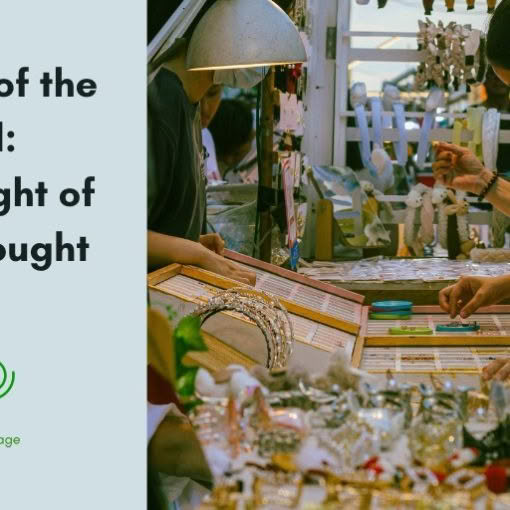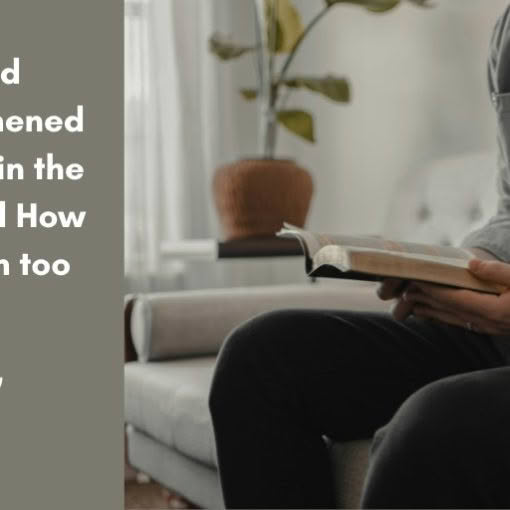They make me feel … (add in your emotional extreme), but there is a space between stimulus and response. Use it.
I was watching the news the other night and the first item was about a mother complaining about how a politician made her daughter feel. She claimed that the politician was a bully and had threatened her daughter.
I don’t know the full details, but it was the words ‘made her feel’ that grabbed my attention.
These words always do, and I always skip back to the quote from Eleanor Roosevelt.
No one can make you feel inferior without your consent. Eleanor Roosevelt
This belief, that my feelings are under the control of others, is prevalent in our culture.
Listen to these pop songs
- You make me feel like a natural woman (Arethra Franklin)
- You make me feel like dancing (Leo Sayer)
- You make me feel like I’m alive again (Cold play)
- You make me feel like a fool (Frankie Cosmos)
- You Make Me Feel (Mighty Real)
From these songs, that we sing into our psyche, they seem to say that our feelings are hard-wired to the actions of others.
Certainly others can influence how we feel, but can anyone make us feel certain things?
They make me feel
There is the other little saying that makes me cringe.
‘Happy wife, happy life’
This reinforces a belief that their happiness is my responsibility. Or my happiness is their responsibility.
Then there are others that lead on from this.
- Happy husband, happy life (doesn’t have the same lyrical attachment, does it)
- Happy spouse, happy house.
- Happy boss, happy life
- Happy child, happy life
- Happy father, happy life
- Happy mother, happy life
- If Mama ain’t happy, then nobody is happy.
Living under these lies, and their cousins, can lead to a life of codependent slavery of always trying to make the other happy.
It can also lead to having a sense of entitlement that others should make us feel certain ways. ‘If you loved me, then you would do …’
Saying these little lies repeatedly into our thinking, digs deep thinking patterns such as that their happiness is my responsibility or my happiness is their responsibility.
Sure, we can do things that can generate feelings of ‘happiness’ or other feelings, but ultimately, it is the responsibility of the receiver as to how they respond.
As I say, to many people, you can lead a horse to water, sprinkle the water with rose petals, sing romantic love songs about the water and the horse, but if the horse doesn’t want to drink, you can’t make it. The horse, like ourselves, has choice.
Within our thinking process, there is a nanosecond response time.
Between Stimulus and Response
Holocaust survivor Victor Frankel wrote this.
Between stimulus and response, there is a space.
In that space is our power to choose our response.
In our response lies our growth and our freedom.
It’s that small space of time that we have to work with.
An event happens such as someone says something to us.
We then have a moment of time in which we can choose how to respond.
Often we will respond super quick, but what if we could actually slow the whole process down to choose a response rather than have a reaction?
So instead of Stimulus (An event) – Response, we train our brains to be extend the time between the two.
Stimulus (An event) —————————————– then Response.
It takes mindful practice.
You will notice the feelings that get triggered, the unbearable feelings.
Then you question why those feelings got triggered.
Slowing the process down and taking responsibility for those feelings.
Beaten and thrown in prison
How would you react if you were helping a deeply hurt person, someone who was in slavery to some corrupt business owners, and then you’re falsely accused, beaten up, and thrown in jail?
This is what happened to Paul and Silas.
When her owners saw that their lucrative little business was suddenly bankrupt, they went after Paul and Silas, roughed them up and dragged them into the market square.
Then the police arrested them and pulled them into a court with the accusation, “These men are disturbing the peace—dangerous Jewish agitators subverting our Roman law and order.”
By this time, the crowd had turned into a restless mob out for blood.
The judges went along with the mob, had Paul and Silas’s clothes ripped off, and ordered a public beating.
After beating them black-and-blue, they threw them into jail, telling the jailkeeper to put them under heavy guard so there would be no chance of escape.
He did just that—threw them into the maximum security cell in the jail and clamped leg irons on them.
Along about midnight, Paul and Silas were at prayer and singing a robust hymn to God.
The other prisoners couldn’t believe their ears.
Then, without warning, a huge earthquake!
The jailhouse tottered, every door flew open, all the prisoners were loose. Acts 16:19-26
We don’t know what the initial reaction was like within Paul and Silas.
But we know the outcome was singing, worship, amazement by the other prisoners, and then an opening of the prison doors.
When we learn about our feelings, take responsibility for them, it’s then that we might just discover an opening of prison doors in our own lives. We break out of being under the slavery and influence of others.
Remember that your response is your responsibility. Own your feelings before they own you.
Quotes to consider
No one can make you feel inferior without your consent. Eleanor Roosevelt
Don’t just react–become pro-active–CHOOSE how you will act. David Riddell
You can’t engender greater respect from others than you have developed for yourself. If you react with dignity, you’ll be treated with dignity. David Riddell
“I believe that one first changes the behaviors, then, if one is lucky, the feelings follow.” ~ Terrence Real, I Don’t Want To Talk About It
Believing all of my emotions is the shortest way into the loop of insanity. First the truth, then faith in the truth, then the feelings will come around. David Riddell
Some feelings are just habits from child-hood circumstances. Feeling left-out, inadequate or misjudged are often only ghosts from the past. David Riddell
It is not events either past or present which make us feel the way we feel, but our interpretation of those events. William Backus
Your feelings are not a reliable guide to what you should and shouldn’t do. They merely reflect sub-conscious beliefs, which may need to be examined. David Riddell
Get control of your feelings before your feelings get control of you. Emotions are not a reliable guide to how things are. David Riddell
To achieve radical change, I need to call some of my feelings ‘liars’ and choose to side with truth against my own emotions, until my feelings come around. David Riddell
Questions to answer
- Why is it so easy to blame others for our emotions?
- What helps you to get hold of your emotions?
- How can you lengthen the time between stimulus (some thing happening to you) and how you respond?
Formation Exercise
- Notice your feelings and what may have caused them. Are you lengthening the time between ‘stimulus and response’? Write about this.
Further reading
Barry Pearman
Photo by Sinitta Leunen on Unsplash





